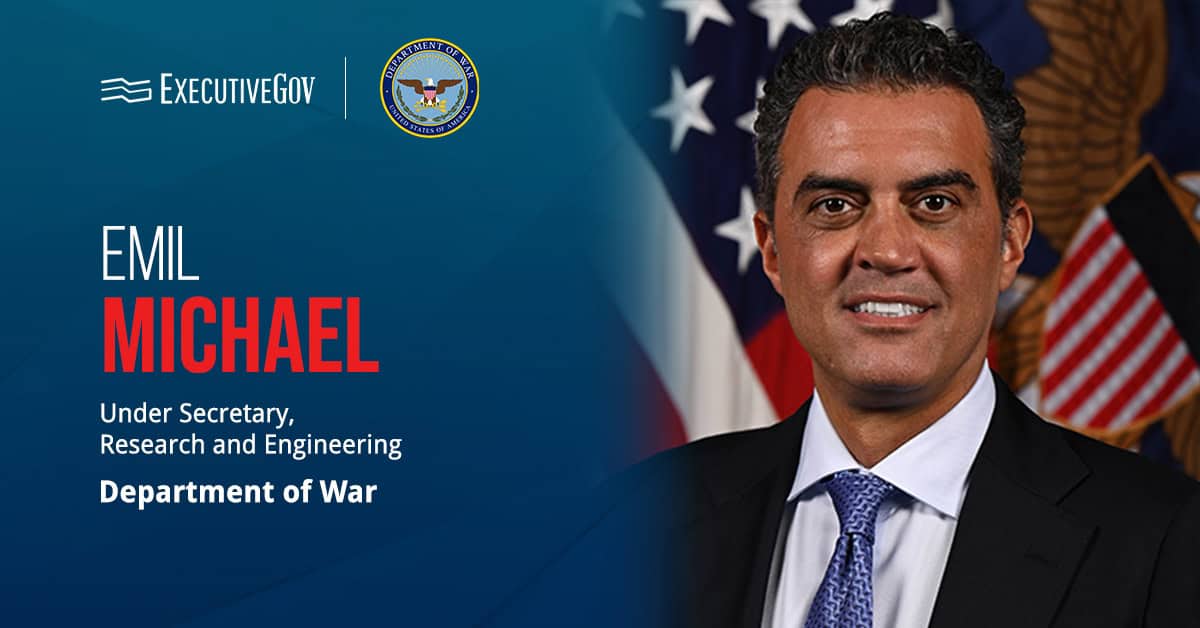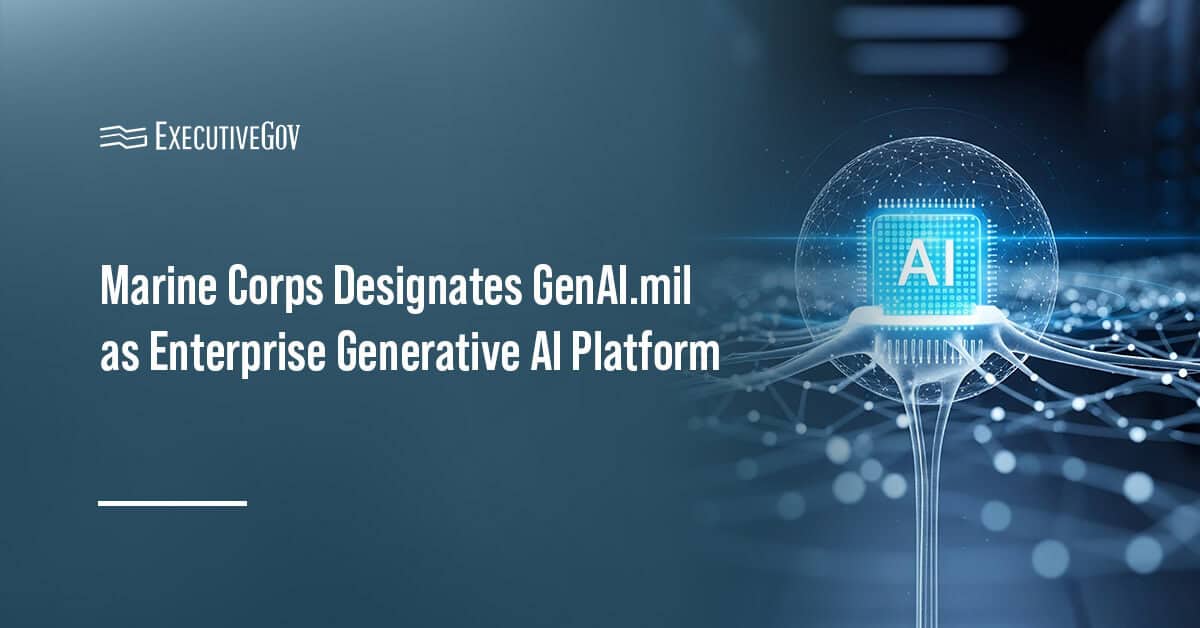 The U.S. Department of Agriculture and the Michigan Technological University have partnered to support Hiawatha National Forest’s land management efforts through the use of drones.
The U.S. Department of Agriculture and the Michigan Technological University have partnered to support Hiawatha National Forest’s land management efforts through the use of drones.The drones are deployed to collect data on the condition of wetlands within the area as part of the Great Lakes Restoration Initiative, USDA said Thursday.
The data collection aims to aid the area’s land managers in maintaining habitat for animal life, monitor water quality and deal with possible threats to Lakes Superior, Huron and Michigan that are connected to the forest.
The effort also aims to study and monitor the impacts of topographic factors including levies, bridges and roads.
The Federal Aviation Administration granted authorization for the drones used in the effort.
The Great Lakes Restoration Initiative was started in 2010 in aims to maintain the world’s largest system of fresh water on the surface.





